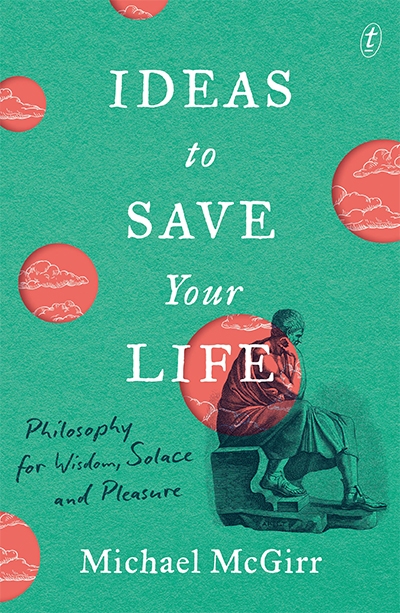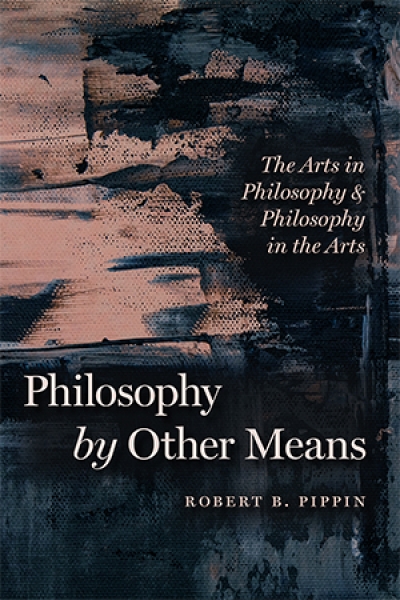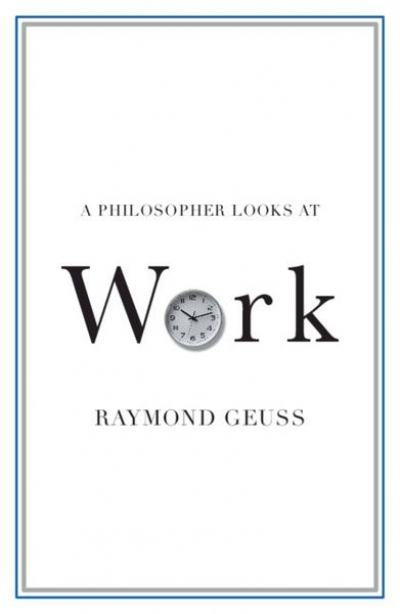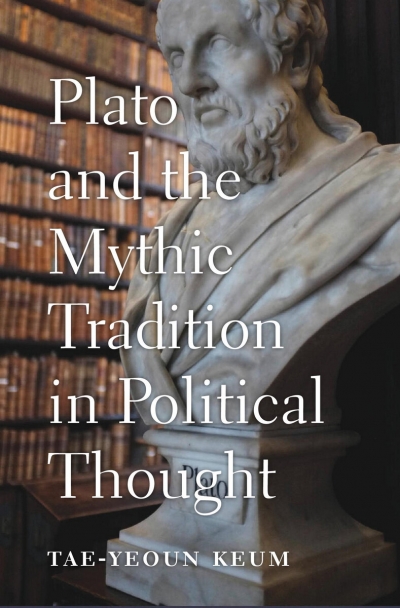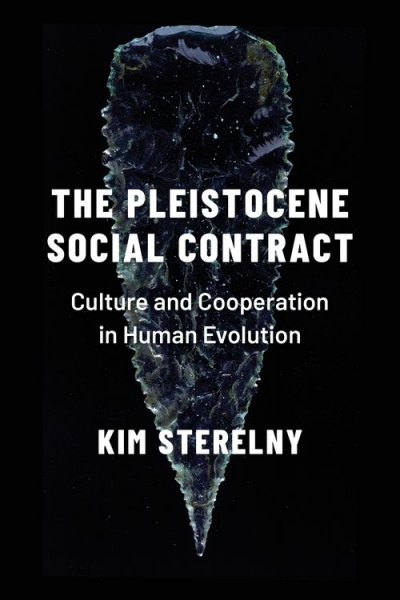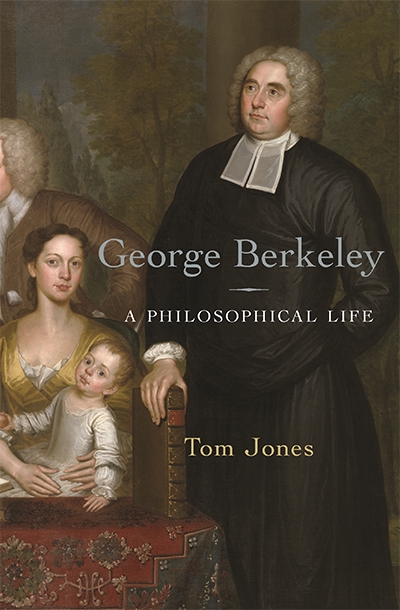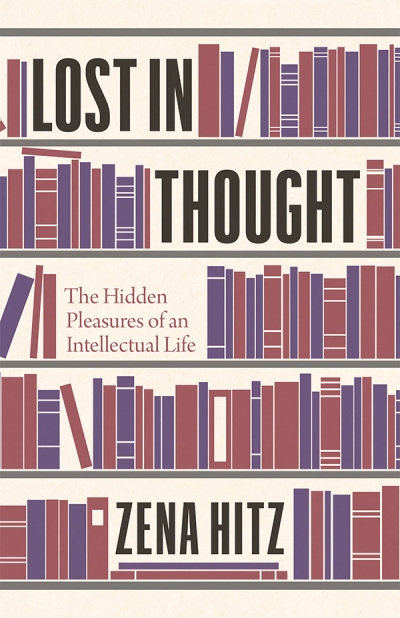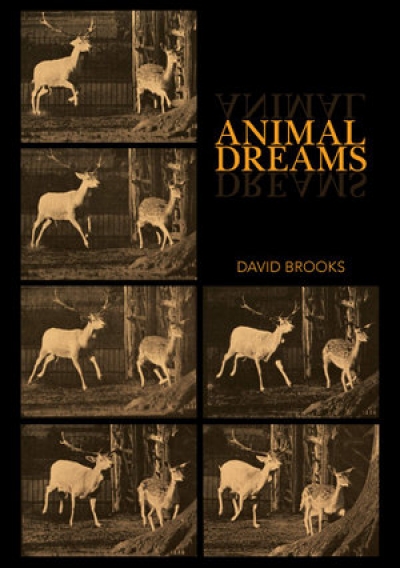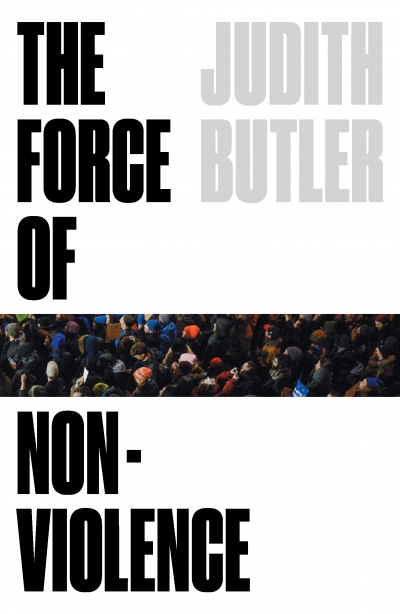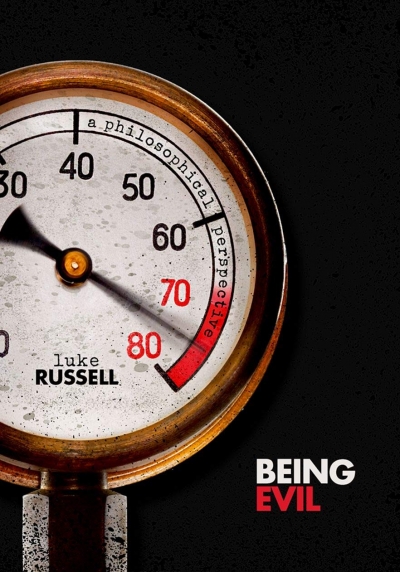Philosophy
Ideas to Save Your Life: Philosophy for wisdom, solace and pleasure by Michael McGirr
by Janna Thompson •
Philosophy by Other Means: The arts in philosophy and philosophy in the arts by Robert B. Pippin
by Justin Clemens •
Plato and the Mythic Tradition in Political Thought by Tae-Yeoun Keum
by Knox Peden •
The Pleistocene Social Contract: Culture and cooperation in human evolution by Kim Sterelny
by Janna Thompson •
Lost in Thought by Zena Hitz & The Battle of the Classics by Eric Adler
by Matthew R. Crawford •
The Force of Nonviolence: An ethico-political bind by Judith Butler
by Nicholas Bugeja •

